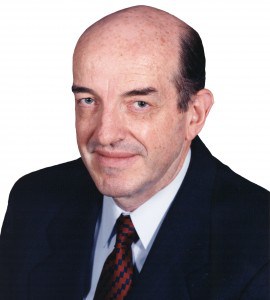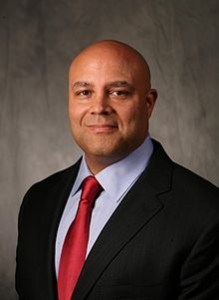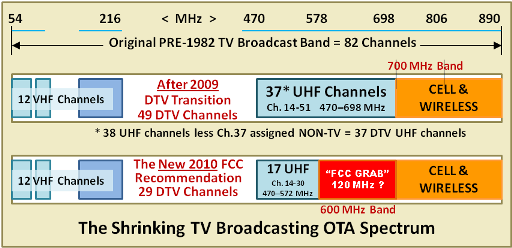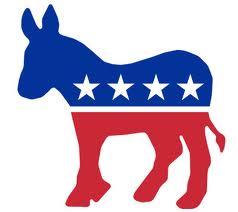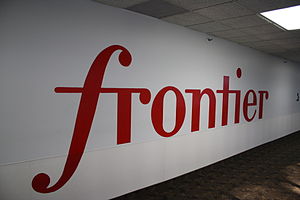Republicans also want more wireless spectrum to be auctioned off as soon as possible. They also believe the solution to rural broadband is additional deregulation to stimulate private investment and a private marketplace solution. But they are short on specifics about how that can happen in areas deemed too unprofitable to serve.
Democrats are generally more tolerant of public and private broadband expansion projects and stimulus funding for expanded Internet access. The Obama Administration has overhauled the Universal Service Fund to help underwrite rural broadband expansion, a notion Republicans often oppose as unnecessary taxpayer or ratepayer-financed subsidization.
Online Piracy – Stopping those illegal file transfers of copyrighted content and Chinese-manufactured counterfeit DVDs sold by street peddlers.
- Democrats: Yas
- Republicans: Yas
Both parties are pointing fingers at China for supplying an endless quantity of counterfeit merchandise sold in flea markets, online, and by street peddlers in large cities. An enormous sum of Hollywood’s lobby money, and the presence of former Sen. Chris Dodd (D-Conn.) as head of the Motion Picture Assn. of America guarantees a Washington audience receptive to the industry’s arguments. Members of Congress from both political parties representing entertainment nerve centers in California and New York have adopted piracy legislation largely as written by industry lobbyists.
But there are limits. The Obama Administration ended up opposing the overreaching Stop Online Piracy Act because it failed to balance intellectual property rights with online privacy for consumers.
The Democratic platform said the administration is “vigorously protecting U.S. intellectual property—our technology and creativity—at home and abroad through better enforcement and innovative approaches such as voluntary efforts by all parties to minimize infringement while supporting the free flow of information.”
Cybersecurity: Tech Terrorism and CyberWars
- Democrats: Yas
- Republicans: Yas
Cyberattacks from foreign entities on American computer systems and the Internet receive near-equal attention from both political parties. But the GOP still feels the current administration has not done enough, accusing the Obama Administration of insufficient vigilance that has “failed to curb malicious actions by our adversaries.” The Republican platform demands an overhaul of a 10-year-old law governing computer security and demands more collaboration between the government and the private sector on cyber-incursions.
Democrats defend their performance expressing a pledge to, “continue to take steps to deter, prevent, detect, and defend against cyber intrusions by investing in cutting-edge research and development, promoting cybersecurity awareness and digital literacy, and strengthening private-sector and international partnerships.”


 Subscribe
Subscribe
